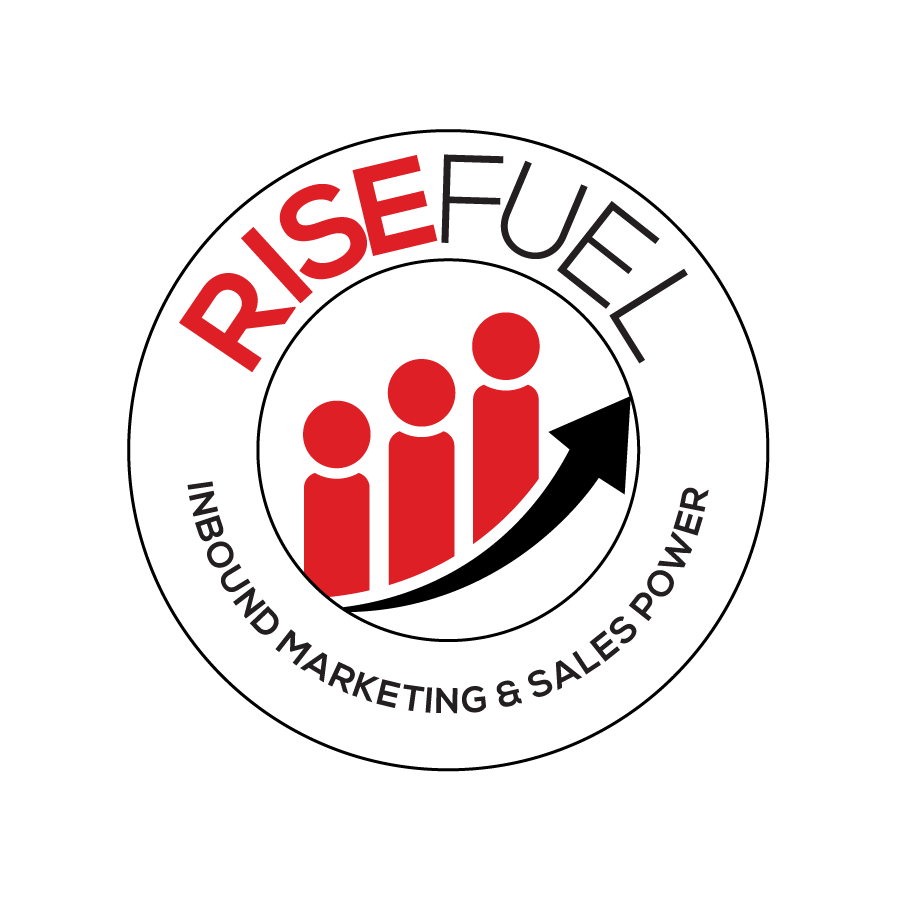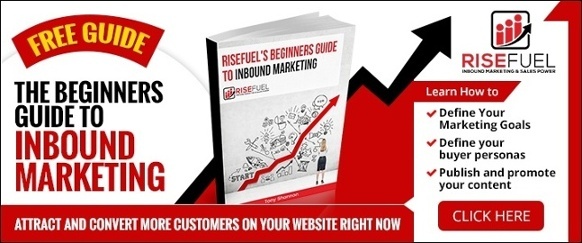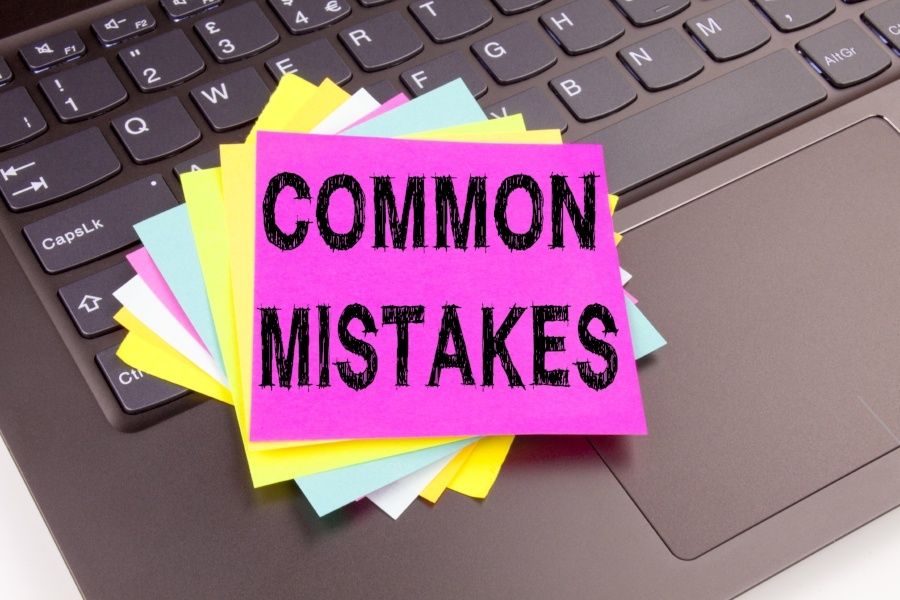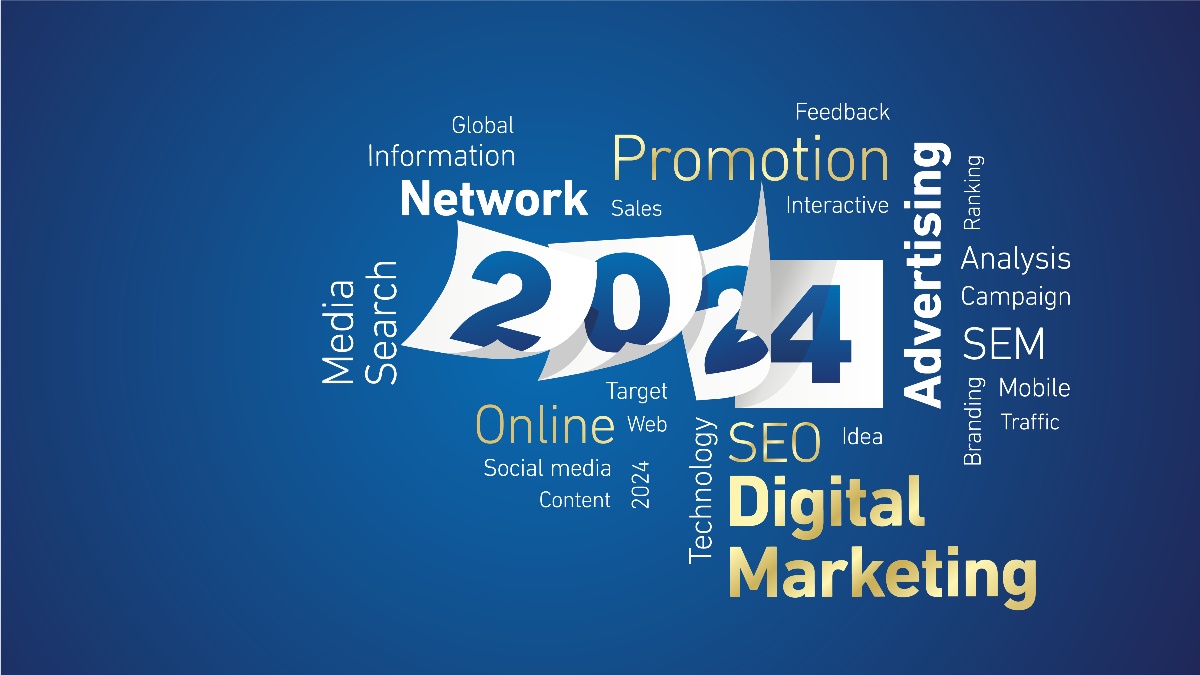Understanding Inbound Marketing
Inbound marketing is a strategic approach that involves attracting a targeted group of customers to a business through various channels such as search engine optimization (SEO), content marketing, and social media [3]. Unlike outbound marketing, which relies on reaching out to potential customers through advertising, cold calling, or direct mail, inbound marketing focuses on creating valuable content to engage and attract potential customers. This approach is 10 times more effective in converting leads than outbound marketing and is known for its cost-effectiveness and measurable return on investment. Inbound marketing fundamentally differs from outbound marketing in terms of draw vs. search, defined vs. undefined, and allowed vs. unasked.
Inbound marketing not only helps businesses attract potential customers but also assists in standing out in a competitive landscape. By tailoring experiences and providing valuable content, businesses can create a unique value proposition that resonates with their target audience, thus differentiating themselves from their competitors. For example, a successful inbound marketing campaign by a healthcare company could involve the creation of informative blog posts, engaging social media content, and helpful webinars that address the specific needs and concerns of their target audience.
Furthermore, with the ever-increasing importance of digital presence, inbound marketing offers long-term value and is ideal for the age of social distancing, making it a worthwhile investment for businesses of all sizes and sectors. One clear benefit of inbound marketing is its natural enhancement of search engine optimization (SEO) performance, which consequently increases a brand’s online visibility. This is particularly crucial in a competitive landscape where businesses strive to rank higher in search engine results and gain a competitive edge.
Benefits of Inbound Marketing
In today's highly competitive business landscape, the significance of inbound marketing cannot be overstated. This innovative approach is instrumental in assisting businesses in distinguishing themselves by providing tailored experiences and valuable content to their target audience. By doing so, businesses can effectively create value for their customers, thereby establishing a strong and meaningful connection with them. This connection not only fosters content creation but also serves to enhance the visibility of the brand, making it more relevant and authoritative in the eyes of the audience.
Furthermore, the long-term implications of employing inbound marketing strategies are particularly noteworthy, especially in the current age of social distancing. Inbound marketing naturally contributes to heightened search engine optimization (SEO) performance, which is pivotal in boosting a brand’s online visibility. As a result, businesses can enjoy sustained benefits from their inbound marketing efforts, making it a truly worthwhile investment for enterprises of all sizes and across various sectors. This is particularly critical in the present digital landscape, where businesses are constantly vying for the attention of potential customers.
For instance, consider the success of a manufacturing company that leveraged inbound marketing to create engaging blog posts, informative webinars, and compelling social media content. By providing relevant and valuable information, the company established itself as an authoritative voice in its industry, attracting a loyal customer base and standing out in a fiercely competitive market.
Strategies and Tactics for Successful Inbound Marketing
Inbound marketing is a multifaceted strategy that encompasses a range of tactics to attract, engage, and retain customers. One of the key components of a successful inbound marketing strategy is the meticulous research of buyer personas. By understanding the unique characteristics, preferences, and pain points of their target audience, businesses can tailor their content and messaging to resonate with potential customers on a deeper level. This approach not only helps in attracting the right audience but also fosters a sense of connection and relatability.
Segmenting customers is another vital aspect of inbound marketing. By categorizing customers based on their behaviors, preferences, and demographics, businesses can create personalized and targeted marketing campaigns. This segmentation allows for the delivery of tailored content that is more likely to resonate with specific customer groups, thereby increasing the effectiveness of marketing efforts and driving higher engagement and conversions.
In addition to these foundational strategies, deploying engaging email campaigns, launching impactful social media initiatives, and hosting informative webinars or online courses are essential tactics for successful inbound marketing. By delivering valuable and relevant content through these channels, businesses can establish themselves as authorities in their respective industries, build trust with their audience, and nurture leads through the sales funnel. Furthermore, the use of content marketing, email marketing, and multi-channel lead nurturing methods are instrumental in driving traffic and converting leads by providing valuable and relevant content, ultimately leading to higher customer acquisition and retention.
These strategies and tactics collectively contribute to a robust inbound marketing approach that not only attracts and engages potential customers but also builds long-term relationships and fosters customer loyalty, ultimately driving business growth and success.
Conclude with a compelling call to action encouraging readers to explore RiseFuel’s full-service marketing agency and their expertise in inbound marketing, lead generation, and content marketing for achieving a high return on investment. Visit RiseFuel for more details.
 Case Studies and Examples
Case Studies and Examples
Numerous successful inbound marketing campaigns serve as excellent examples of the effectiveness and relevance of inbound marketing in the digital landscape. These campaigns demonstrate how inbound marketing can help businesses thrive in today's competitive environment.
For example, Post Affiliate Pro's article highlights the reasons why inbound marketing is the future of ecommerce, showcasing its ability to generate leads at a lower cost than outbound marketing and its role in providing valuable content tailored to customer needs. This case study illustrates how inbound marketing creates value for customers by tailoring experiences and providing relevant, valuable content, which is especially crucial in a competitive landscape.
In addition, WebFX emphasizes how inbound marketing generates site traffic, produces qualified leads, and strengthens a company’s reputation through high-quality content and link building strategies. This example further illustrates how inbound marketing is a targeted strategy designed to drive traffic and convert leads by providing relevant content, ultimately helping businesses stand out and thrive in a competitive landscape.
These case studies provide compelling evidence of the benefits and effectiveness of inbound marketing, showcasing how it can play a pivotal role in the success of businesses across various industries and sectors.
Conclude with a compelling call to action encouraging readers to explore the customer's product further. Direct readers to the customer's product website at RiseFuel for more details.
Inbound Marketing and Brand Establishment
In today's competitive landscape, brand establishment is crucial for businesses to differentiate themselves and attract customers. Social media, as a key component of inbound marketing, plays a pivotal role in this endeavor. It is an indispensable powerhouse in the world of marketing, providing a direct link between businesses and their target audience while fostering content creation. For example, a successful inbound marketing campaign that highlights the role of social media in brand establishment is the case of a skincare company that utilized Instagram to engage with their audience. By sharing valuable content such as skincare tips, product tutorials, and customer testimonials, the company established itself as an authority in the skincare industry, leading to increased brand awareness and customer loyalty.
Furthermore, social media naturally enhances search engine optimization (SEO) performance, thereby increasing a brand's online visibility and attracting more potential customers. For instance, a fashion retailer that consistently shares high-quality content on platforms like Facebook and Pinterest can improve their SEO ranking, resulting in more organic traffic to their website. This increased visibility not only establishes the brand's presence but also boosts its relevance and authority in the eyes of the target audience. As a result, the brand gains a competitive edge in the market by being more visible and engaging with potential customers in a meaningful way. Therefore, businesses can leverage social media as a tool for not only establishing their brand but also for creating lasting relationships with their audience, ultimately leading to increased sales and brand loyalty.
In conclusion, the pivotal role of social media in brand establishment through inbound marketing cannot be overstated. Businesses that effectively utilize social media as part of their inbound marketing strategy can establish a strong brand presence, foster customer relationships, and increase sales. By recognizing the power of social media in inbound marketing, businesses can gain a competitive advantage in today's dynamic landscape and drive long-term success.
Inbound marketing is undeniably a game-changer in today's competitive landscape. By tailoring experiences and providing valuable content, businesses can stand out and establish a direct link with their target audience. This is especially crucial in a time when customer engagement and brand relevance are paramount. As businesses strive to navigate the competitive landscape, exploring RiseFuel’s expertise in inbound marketing, lead generation, and content marketing can be instrumental in achieving a high return on investment. Visit RiseFuel for more details.
The long-term implications of using inbound marketing are equally compelling. Not only does it offer long-term value, but it also naturally enhances search engine optimization (SEO) performance, thereby increasing a brand’s online visibility. In the age of social distancing, inbound marketing has proven to be more than just a marketing strategy; it's an investment for businesses of all sizes and sectors. The ability to attract customers, build trust, and foster loyalty in the long term makes inbound marketing an indispensable tool for businesses looking to thrive in today's digital landscape.
















